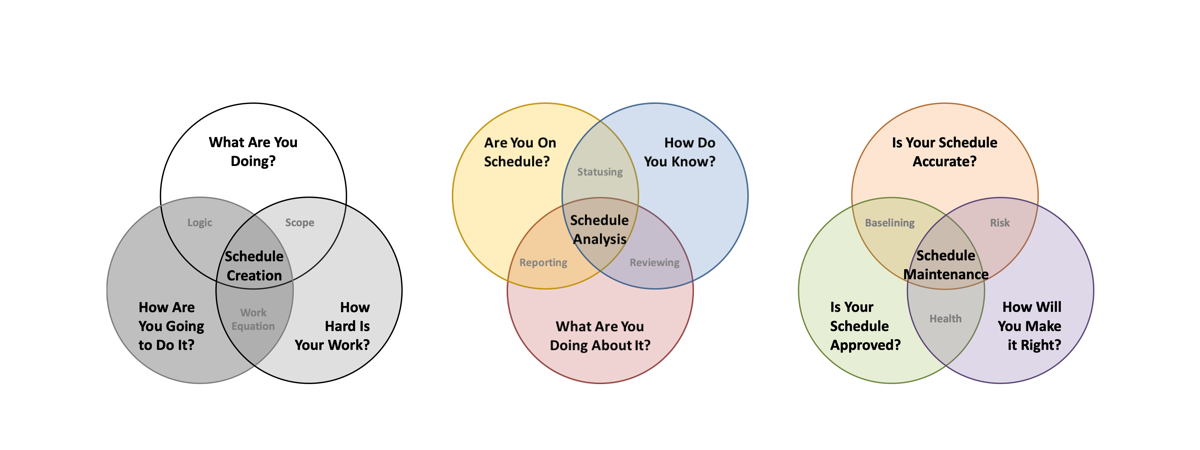It was Wednesday afternoon. Stanley and Richard were arguing in circles again.
John owed the client a ten-page analysis and recommendation by noon the next day (Thursday). He was currently running a personal errand. Earlier that day, John had told Stanley that the write-up was about 35% done. On Monday, John told Richard that he was about 60% done. He told both of them that he would finish by Thursday morning.
“Look,” repeated Stanley, “If he was 60% done this morning, I think he’ll finish. But if he’s only 35% of the way there, he’s not going to get it finished.”
“No,” countered Richard. “He doesn’t have any idea how much progress he’s made. He may think that he’s 35% – 60% done, but he’s not. So, he’s not going to be done time.”
Stanley turned to John’s other coworker in the room, “Harold, you sit right next to John. How much progress has he made on the document?”
Harold considered for a moment. Then he replied, “What’s the relationship between percent complete and finish date?”
Richard and Stanley stared at Harold, baffled. “Look,” Richard began patiently. “If John is more than 60% done, he has the rest of today and tomorrow morning, and he can finish.”
“What is the relationship between percent complete and finish date,” Harold repeated. His coworkers continued to stare. After a pause Harold answered, “There is no relationship between percent complete and finish date. It doesn’t matter whether John is ten percent done, or ninety percent done. What matters is how much work John has left, and how much time he needs to do it.”
“But we don’t know what John has left to do, Stanley replied.”
“So, what is the question we need to ask. And who do we need to ask?”
Five rings later, a cantankerous John picked up the phone. “What do you want? I’m at the doctor’s office, and it’s not to get my temperature taken.”
“John how much progress have you’ve made on the document?” Stanley asked.
“Same amount as the last time you asked me. I have the background and most of the analysis written. But Richard said that we need to add a discussion about doing parallel development tracks. I’ll borrow the wording we used from the healthcare project then write the conclusion tonight.”
“John, how close are you to writing ten pages?”
“Richard, with the redos, I’ve written twelve pages. So, I’m 120% complete! I need about two more hours to finish my draft. You’ll have it in the morning unless the Doc tells my wife that love sometimes means making hard decisions.” The speaker phone hung up with a decided click.
Questions to Consider
- Why did John’s percent complete estimates mislead Richard and Stanley? Were John, Richard and Stanley measuring progress using the same metric?
- What information would have assured Richard and Stanley that John would complete the writing assignment on time?
